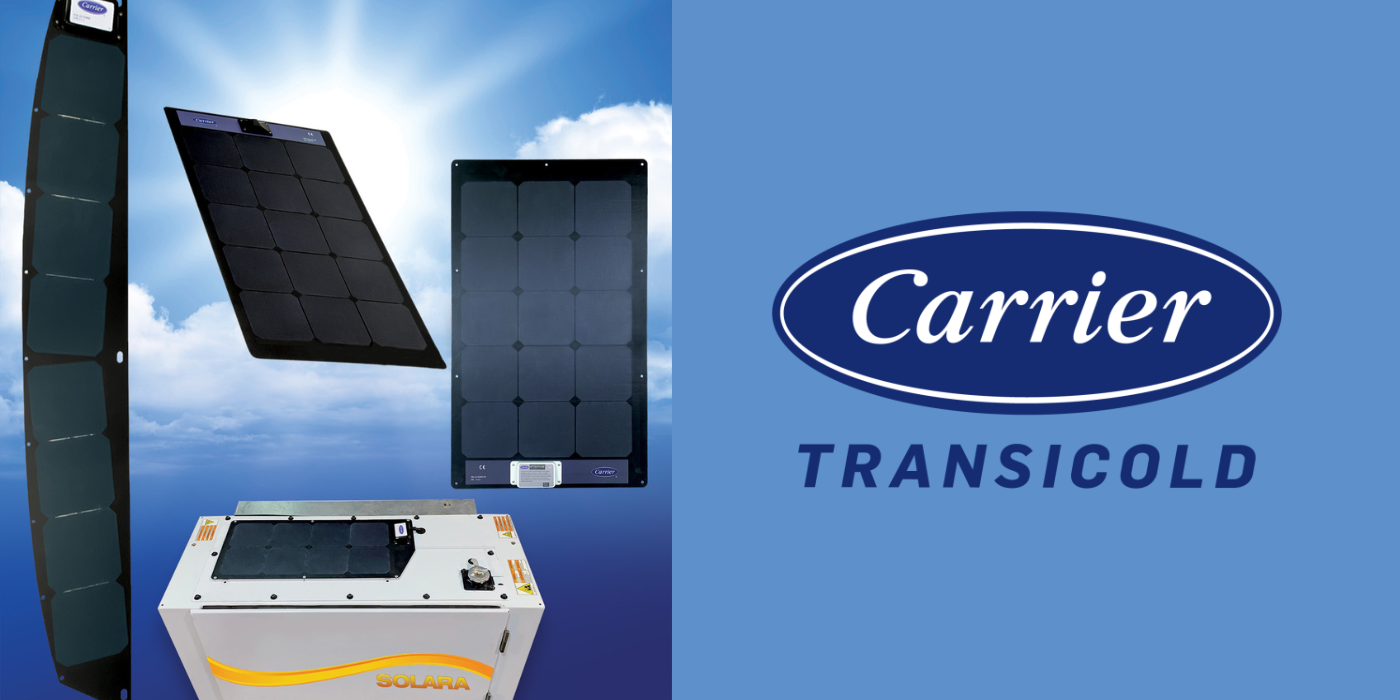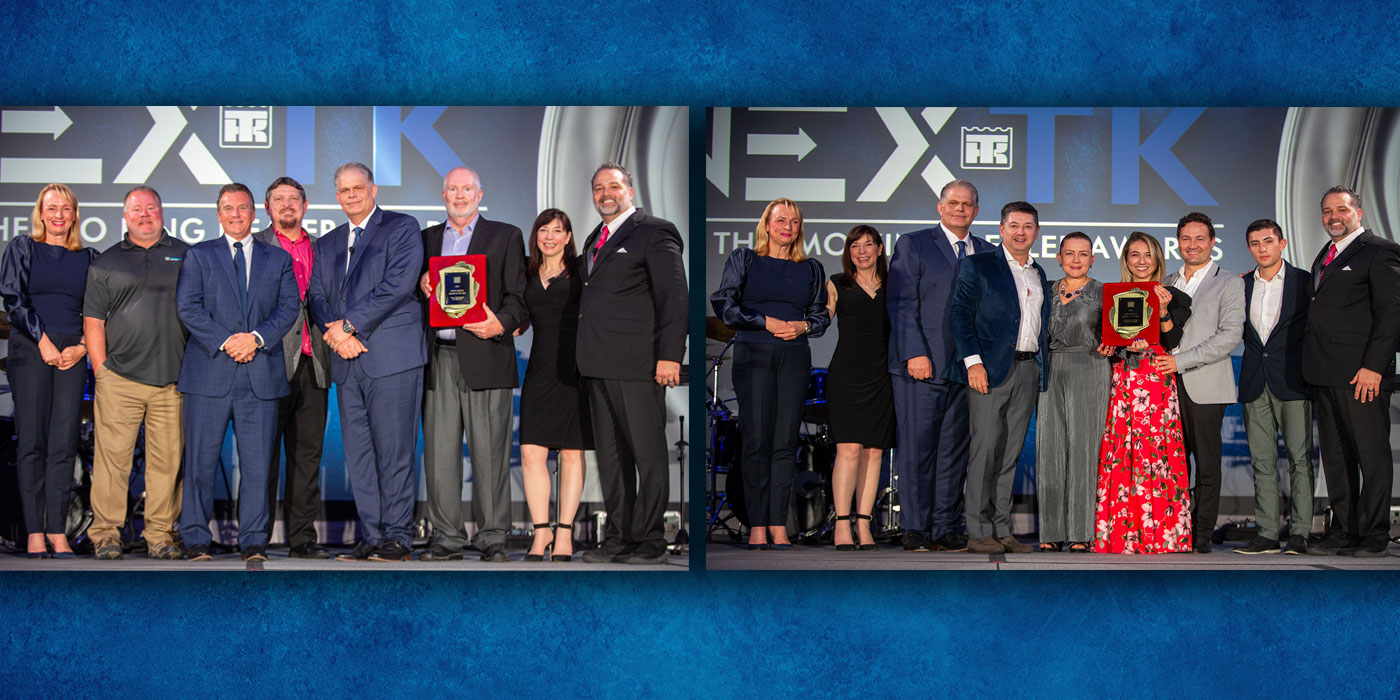According to Doug Lenz, director of product management for Thermo King, an Ingersoll Rand brand, “Most refrigerated fleet operators are trying to figure out how the Environmental Protection Agency (EPA) Tier 4 Final emission standards will affect their equipment acquisition plans in 2012, 2013 and beyond.” The new standards take effect on Jan. 1, 2013, and cover non-road engines of less than 50 HP. These include the diesel engines used in transport refrigeration units (TRUs), GenSets, auxiliary power units and powered cargo heaters. The EPA regulations do not affect refrigerated trucks and trailers currently in service, so the biggest decisions for most fleets will come when it is time to budget, commit to equipment purchases and take delivery of new equipment.
“My customers are doing their due diligence by weighing all their options,” said refrigerated transport equipment dealer Brandon Pugh, president of Thermo King Northwest, an independent dealership. “Every situation is different, so an approach that may work for one operator may not be the best solution for another. Our goal is to help customers find the right solution and implement it with as little disruption as possible.”
The new emission standards require manufacturers to deliver fully compliant refrigerated trucks and trailers beginning in January 2013. But many operators are looking beyond compliance as they weigh their options. They see this as an opportunity to get ahead of the technology curve by adopting new TRU engine technologies that will soon become the industry standard. Along with the required level of environmental performance, these innovations offer significant financial and operational benefits throughout the equipment lifecycle.
“The decisions facing operators today are similar to the decisions they had to make when new Class 8 tractor emission standards were phased in a few years ago,” Pugh said. “It really boils down to a question of whether an operator wants to acquire equipment that just meets the new requirements or become an early adopter of advanced refrigeration technologies that reduce fuel consumption, improve environmental performance and reduce the total cost of ownership over time.”
Here are some factors operators should consider as they develop equipment acquisition strategies:
Planning 2012-13 purchases: Start the planning process early so operators can ensure they get the equipment they need, when they need it. EPA regulations allow manufacturers to clear out their existing inventories of equipment that meets the Tier 4 Interim standards during a transition period. Purchasing these units may make sense for some operators, depending on how long they expect to keep the equipment. New, more efficient technologies provide the best return on investment for fleets with long replacement cycles.
Meeting CARB requirements: Operators who drive in California must comply with California Air Resources Board (CARB) regulations, including the requirement to replace or upgrade refrigeration units that are more than seven years old. Manufacturers have developed “evergreen” TRU engines that comply with EPA regulations and do not have to be replaced on the seven-year schedule under existing CARB regulations. While these engines come at a slightly higher cost, they make economic sense for many operators who use California roads.
Handling operations and maintenance: The new generation of transport refrigeration systems will be much more capable and sophisticated than the current generation of equipment. Most manufacturers likely will train drivers and technicians. But many operators are taking this opportunity to weigh the potential economic and efficiency benefits of contracting with a third-party service provider to take over maintenance responsibilities.
Understanding the benefits of new technologies: Manufacturers are developing a range of new TRU and engine designs to comply with EPA Tier 4 Final standards and provide operators with other cost and operational benefits. New engine designs are likely to use electronic controls, turbochargers, catalytic converters, exhaust recirculation devices, diesel particulate filters and other innovations to improve performance and reduce total lifecycle costs.
Soon fleets can expect to see broader availability of non-diesel innovations such as hybrid electric systems and cryogenic technologies that represent the next technological breakthrough in refrigeration systems.
Each situation is different,” Pugh emphasized. “I encourage operators—large and small—to work with a reputable dealer, manufacturer or other trusted partner to develop a strategy that makes sense for them.”



